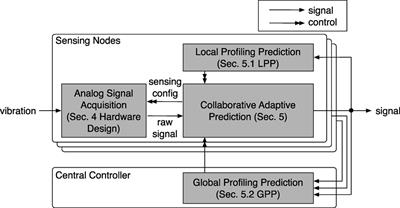REVIEW
Published on 02 Jun 2021
A Review of Augmented Reality Applications in Civil Infrastructure During the 4th Industrial Revolution
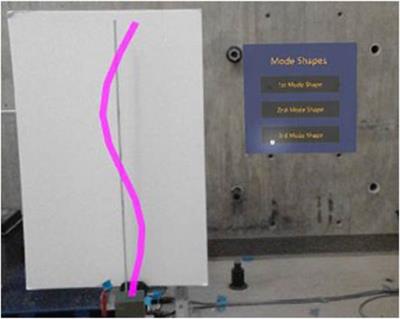
doi 10.3389/fbuil.2021.640732
- 15,632 views
- 30 citations
8,105
Total downloads
47k
Total views and downloads
You will be redirected to our submission process.
REVIEW
Published on 02 Jun 2021

EDITORIAL
Published on 01 Jun 2021

ORIGINAL RESEARCH
Published on 31 Mar 2020

ORIGINAL RESEARCH
Published on 25 Jun 2019
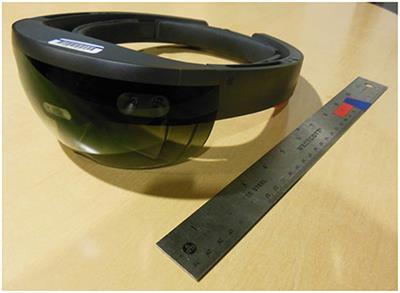
ORIGINAL RESEARCH
Published on 16 May 2019
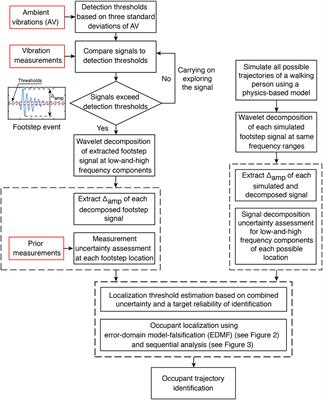
ORIGINAL RESEARCH
Published on 17 Apr 2019
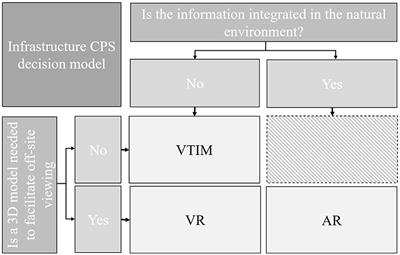
ORIGINAL RESEARCH
Published on 06 Nov 2017
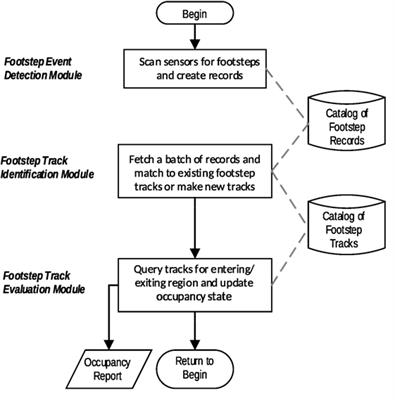
ORIGINAL RESEARCH
Published on 08 May 2017
